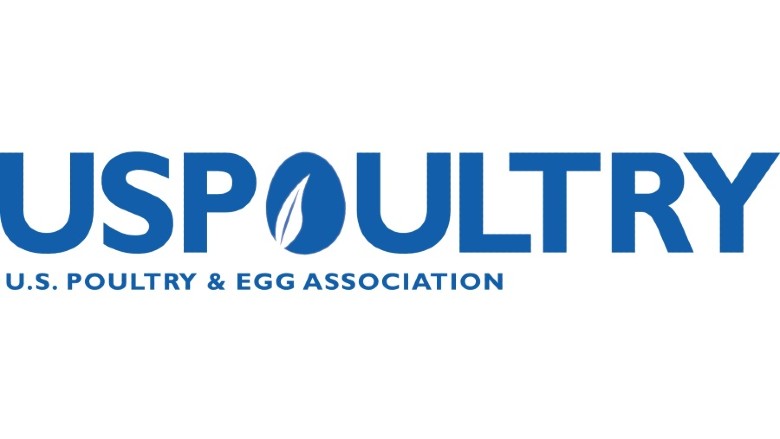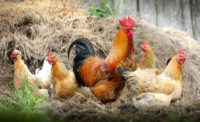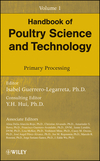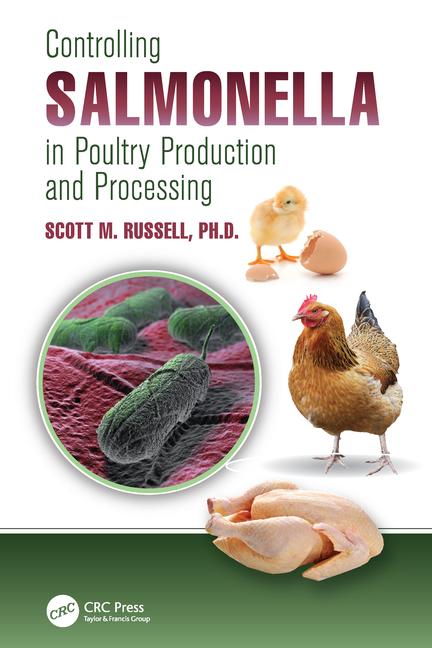USPOULTRY accepting Board Research Initiative preproposals on HPAI and advancing vaccine technologies
USPOULTRY and the USPOULTRY Foundation are accepting research preproposals from colleges, universities and research facilities.

USPOULTRY and the USPOULTRY Foundation are accepting research preproposals from colleges, universities and research facilities through Nov. 1, on further understanding highly pathogenic avian influenza (HPAI).
Since the HPAI outbreak began in early February 2022, thousands of cases have been reported in both commercial poultry and backyard flocks, leading to the loss of millions of birds. The H5N1 strain has affected domestic and backyard flocks across 48 states, impacting farmers and communities nationwide. Additionally, the virus has been transmitted to commercial dairy cattle, and several human infections have been reported.
While previous HPAI outbreaks have enhanced understanding of the virus and led to significant advancements in biosecurity and disease response protocols, key questions remain regarding biosecurity, depopulation, disposal and repopulation. This initiative aims to deepen understanding of how to prevent HPAI’s introduction to commercial facilities, reduce spread, and improve response strategies. The goal is to assist the industry in minimizing the impact of HPAI during the current outbreak and in preparing for potential future occurrences.
The research will involve examining the epidemiological link between cattle and poultry operations, investigating enhanced biosecurity measures and compliance to prevent the introduction and/or spread of HPAI, and identifying methods to reduce viral shedding that are not related to vaccination. Additionally, the research aims to identify the proper personal protective equipment procedures that should be adhered to during an HPAI event.
Advancing vaccine technologies
USPOULTRY and the USPOULTRY Foundation are accepting research preproposals from colleges, universities and research facilities through Nov. 1, 2024, on advancing vaccine technologies to address emerging poultry disease challenges.
Research into developing new vaccine technologies for poultry is crucial to support the development of infrastructure and the capacity to rapidly respond to emerging poultry disease challenges. Studies supporting the advancement of vaccine technologies that are adaptable to address evolving and future disease challenges, as well as new variants of current disease issues, would accelerate the development of new animal health products and reduce administrative regulatory burdens.
The goal of the initiative is to not only develop new and unique platform vaccine technologies for poultry, but also further develop said technologies for bacteria and viruses. The research would likewise help identify more accurate methods of mass-applied vaccine technology for all poultry species. Such methods include those that could be applied at the farm or hatchery and improve the efficiency and accuracy of vaccine delivery, resulting in full dose application.
At at 1:30 p.m. EDT on Oct. 3 , 2024, the USPOULTRY Foundation Research Advisory Committee (FRAC) will host a Zoom webinar to provide an overview of the request for proposals (RFPs) related to these topics and other Board Research Initiative topics as well as the process for submitting a preproposal. The webinar is free and open to all researchers interested in learning more about the RFPs for the three topics. The webinar will provide an opportunity to ask specific questions to the FRAC, and it will be recorded and made available afterward. The link can be accessed here.
Visit the USPOULTRY website for complete instructions to submit a preproposal.
Source: USPOULTRY
Looking for a reprint of this article?
From high-res PDFs to custom plaques, order your copy today!







